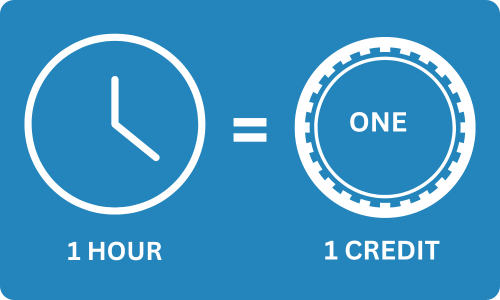Timebanking Explained
Earn time credits by helping someone and then spend those credits receiving help in return.
Timebanking in a Nutshell
Timebanks trade in ‘time’ credits rather than money. Timebank members can request help for a specific job and then pay for that help with time credits. Timebanks do not need direct trades to work because time credits earned are put in a timebank account to be spent when needed.
Working bees to get big jobs done are a great way of harnessing the energy of a timebank and provide an opportunity for people to meet. Organisations and schools can also be Timebank members and can pay their volunteers with credits.
Watch this short film explaining the concept of Timebanking.
Why Join a Timebank?
Timebanks recognise that all members of a community have skills to contribute, and that the overall community is strengthened when neighbours help one another.
In fast-growing communities, such as many of the towns in the Selwyn District, newcomers may not easily meet other residents. For established residents traditional networks may break down as grown up children settle elsewhere and neighbours commute into town to work. The Selwyn Timebank provides a new way of forming networks and meeting other people in the community.
Timebanking was invented in the USA in the early 1980s by Edgar S Cahn. The first Timebank in Aotearoa was the Lyttelton Timebank, established in 2005. Timebanks are popular in the UK, USA and throughout Europe. They are gaining popularity in Aotearoa and currently there are around 30 Timebanks in New Zealand, from Kaitaia to Gore.

In Lyttelton after the 2010 and 2011 earthquakes the Timebank played an essential communication and resource role and became an essential part of the local civil defence.
How Time Credits Work
One hour = one hour. You spend one hour of your time doing something you enjoy doing for someone else, and you gain one time credit. You can then spend this on having something done for you. Time credits do not expire. They are completely transferable to any other member or organisation on the Selwyn Timebank.
Time can also be put through in increments – quarter (15 minutes), half (30 minutes) or three quarters (45 minutes).
You can agree the amount of time to put through with the person you are trading with. It’s always good to do this before the exchange is done.

Isn’t Timebanking Like Volunteering?
Not entirely. It’s more like a pay it forward system, although a person’s time spent helping others is recorded, and it becomes a way for them to ask for some help in the future. The person who received the help can then also ‘spend’ their time by helping someone else later on. It’s a more balanced way of volunteering and helping in the community.
Timebanks operate to facilitate exchanges that honour five core values:-
- We are all assets – every human being has something to contribute;
- Redefining work – rewarding the real work in our society by creating a currency which pays people for helping each other and creating better places to live;
- Reciprocity – giving and receiving are basic human needs which help to build relationships and trust with others;
- Social Networks – building people’s social capital is very important, belonging to a social network gives our lives more meaning;
- Respect – encouraging people to respect others in their community.